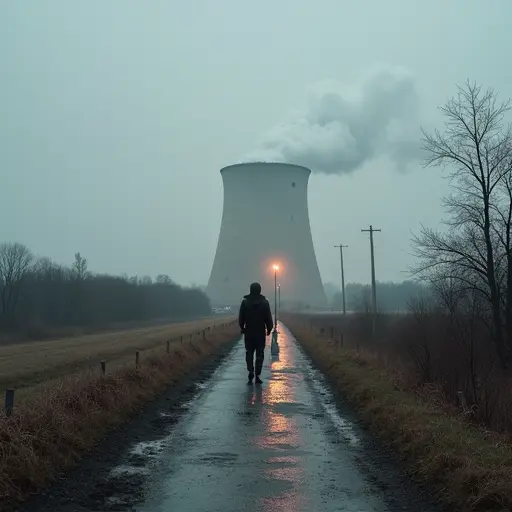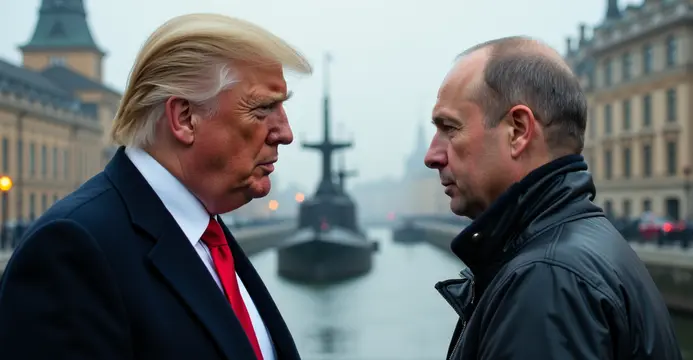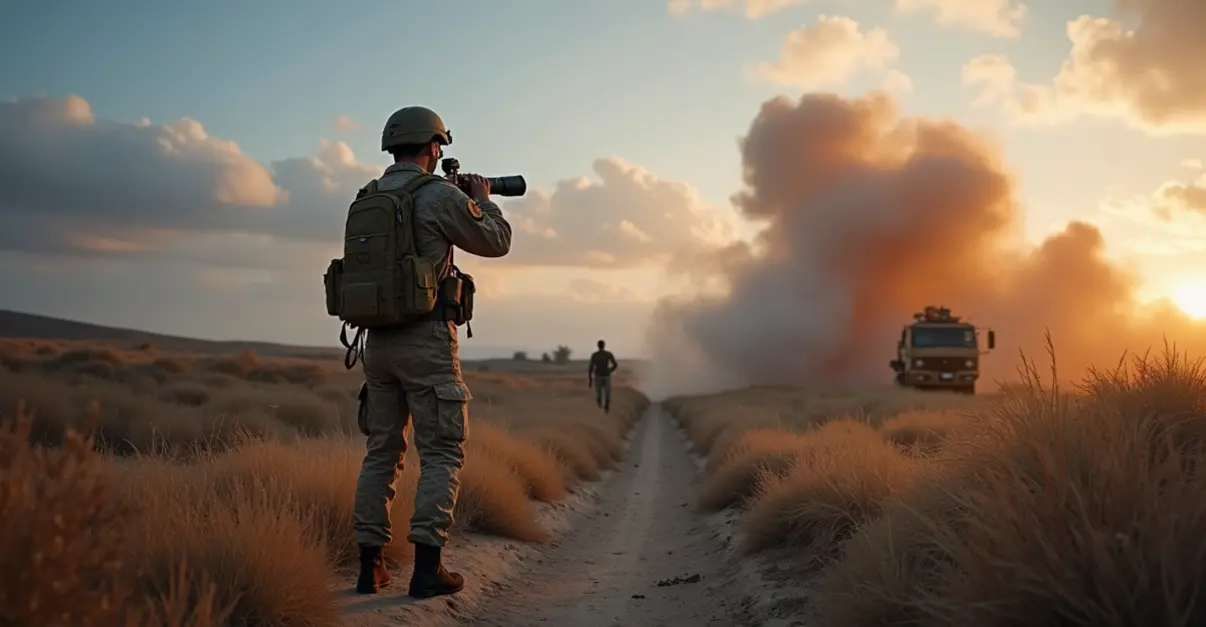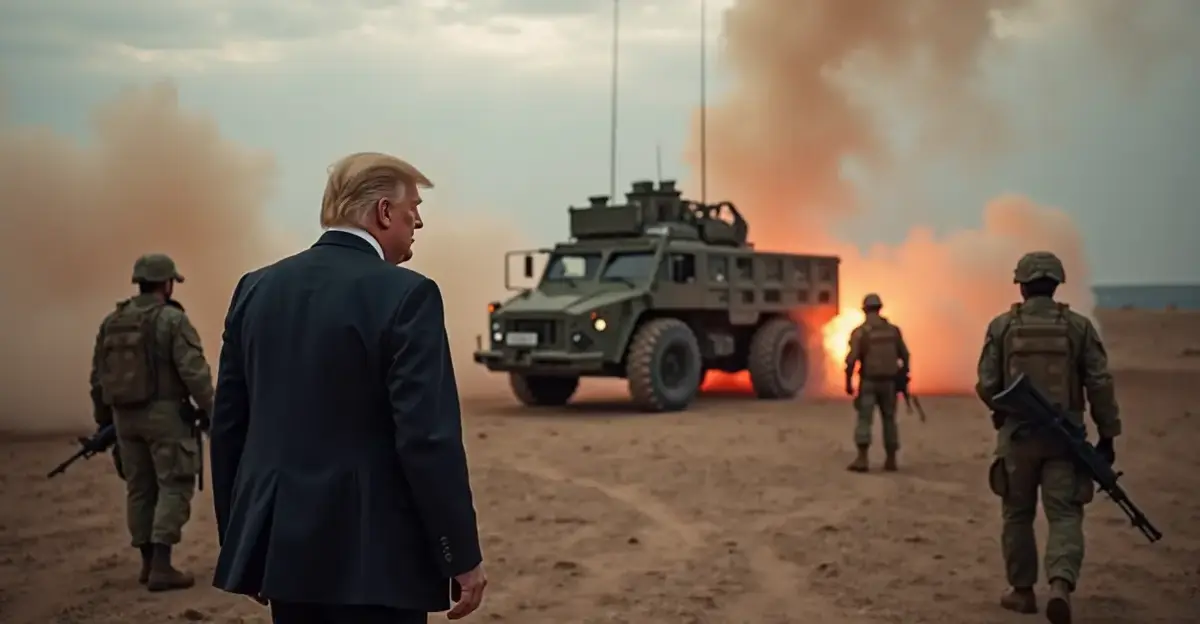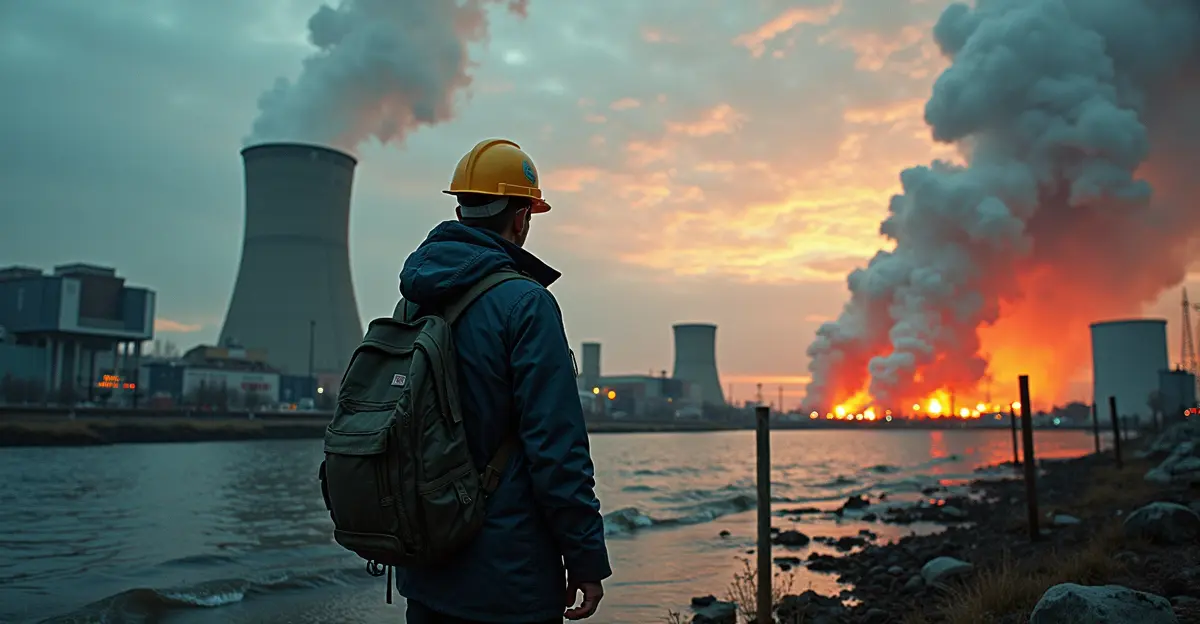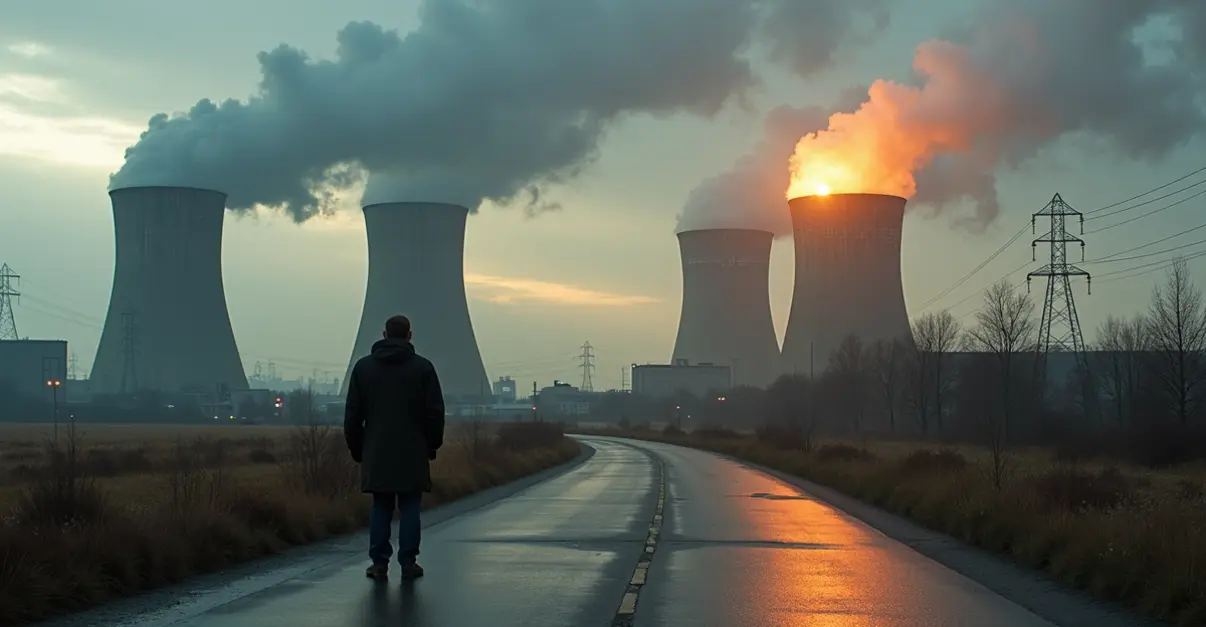Russia demands US clarification on nuclear test resumption after Trump's announcement. Putin orders preparation for reciprocal tests amid escalating tensions and new weapons developments.
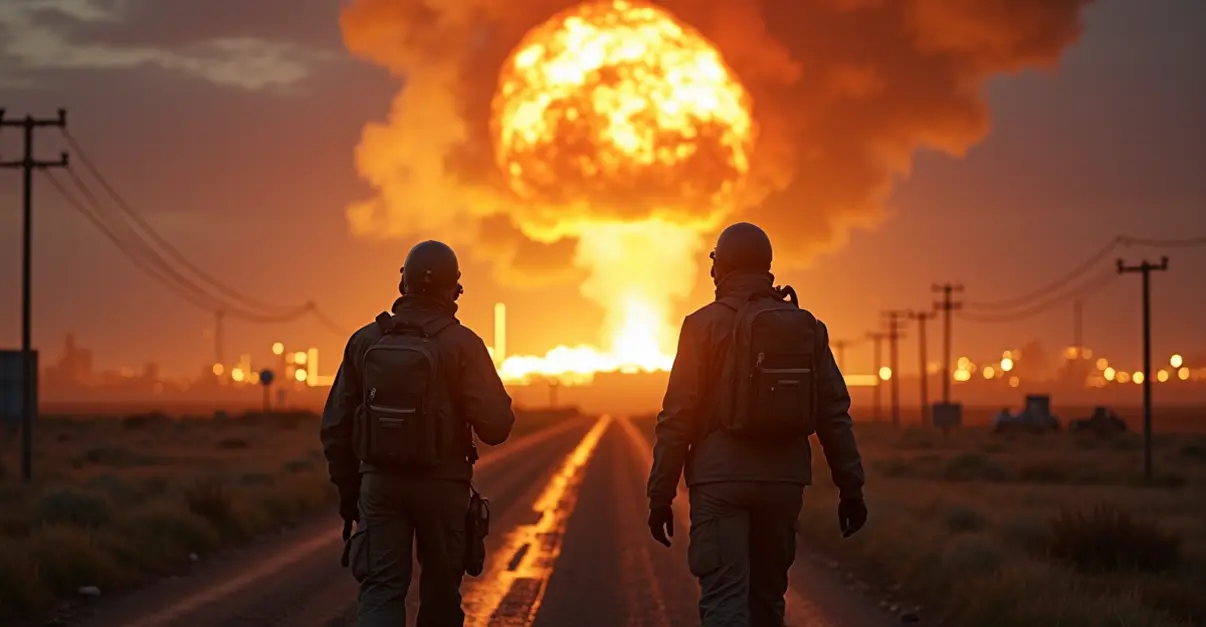
Nuclear Tensions Escalate as Russia Seeks Answers from Washington
In a dramatic escalation of nuclear tensions, Russia has formally demanded clarification from the United States regarding "contradictory signals" about resuming nuclear weapons testing. The diplomatic move comes after former President Donald Trump announced last week that the US would "immediately" resume nuclear testing to maintain parity with other nuclear powers.
"I don't want to be the only country that doesn't test," Trump declared in his controversial statement that has sent shockwaves through international security circles.
Putin's Response and Nuclear Preparations
Russian President Vladimir Putin responded swiftly, instructing his Defense Ministry to prepare proposals for conducting nuclear tests of their own. "If the US or any signatory to the Comprehensive Nuclear-Test-Ban Treaty conducts nuclear tests, Russia would be under obligation to take reciprocal measures," Putin told his Security Council, according to Al Jazeera reporting.
The timing is particularly significant as neither country has conducted nuclear explosive testing for decades. The US last tested in 1992, while Russia hasn't tested since the Soviet Union's collapse in 1991. Only North Korea has conducted nuclear tests in recent years.
New Weapons Systems and Strategic Posturing
This diplomatic confrontation coincides with Russia's announcement of successful testing of advanced nuclear weapons systems. Putin revealed that Russia has successfully tested the Poseidon nuclear-capable super torpedo, an underwater drone system capable of carrying nuclear warheads and designed to evade enemy defenses.
"The Poseidon carries a 2 megaton warhead - over 150 times more powerful than the Hiroshima bomb," according to New York Post analysis. The weapon is reportedly capable of generating 1,600-foot high radioactive tsunamis that could devastate coastal cities.
Expert Analysis: Dangerous Escalation
Security experts warn that the situation represents a dangerous escalation in nuclear tensions. "You have to take the threats seriously and it could spiral out of control," says defense expert Rob de Wijk. "Trump doesn't know what he's talking about, and Putin is taking advantage of that and actually taking steps forward. That's always dangerous in times of crisis."
According to CNN reporting, Kremlin spokesperson Dmitry Peskov clarified that no decision has been made yet, and Russia remains bound by its nuclear test ban obligations. However, the mere preparation for testing represents a significant shift in nuclear posture.
Broader Geopolitical Context
The nuclear tensions occur against a backdrop of deteriorating US-Russia relations. Recent negotiations between Trump and Putin about Ukraine ended without results, and a planned summit in Budapest was canceled. Two weeks ago, the US imposed sanctions against Russian oil companies for the first time since Trump took office in January.
Bob Deen, Eastern Europe expert at the Clingendael Institute, explains Russia's strategic thinking: "Russia wants to remind the West that it is a nuclear power. The country is concerned that Europe and the US no longer take Russia's nuclear arsenal seriously."
Deen adds that Putin also aims to deter Europeans and Americans from providing more support to Ukraine, including long-range missiles like American Tomahawks, and the potential future deployment of a European military force in Ukraine.
International Treaty Framework
The Comprehensive Nuclear-Test-Ban Treaty (CTBT), signed in 1996, has never entered into force because it requires ratification by 44 designated "nuclear-capable states." According to Arms Control Association data, only 36 of the required 44 Annex 2 countries have ratified the treaty. The United States signed the CTBT in 1996 but the Senate refused to provide advice and consent in 1999.
Russia ratified the treaty in 2000 but withdrew its ratification in 2023 to "mirror" the US posture, though as a signatory it remains obligated not to act contrary to the treaty's purpose.
Growing Concerns Among Security Analysts
Security analysts express deep concern about the potential for a new nuclear arms race. "Both the United States and Russia are talking much more about their nuclear arsenals and they are also taking steps that the other can perceive as threatening," says Deen.
The situation is particularly alarming given that both countries possess the world's largest nuclear arsenals, with Russia having approximately 5,459 warheads and the US about 5,550, according to recent estimates.
As the diplomatic standoff continues, the international community watches anxiously, hoping that cooler heads will prevail and prevent a return to the dangerous nuclear testing era that the world thought it had left behind decades ago.

 Nederlands
Nederlands
 English
English
 Deutsch
Deutsch
 Français
Français
 Español
Español
 Português
Português




